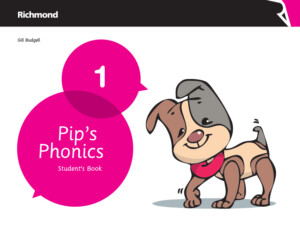Pip’s Phonics
-
Hours per week ~
-
Levels 3
-
British English
Pip’s Phonics is based on Synthetic Phonics, which is used in English-speaking countries to teach children the basic skills of reading and writing. It is a process of teaching children the relationship between letters (graphemes) and sounds (phonemes) for reading, spelling and handwriting. The word synthetic relates to the process of identifying, sounding out and then synthesising or blending the sounds in a word from left to right in order to read it. This enables learners to decode from print to speech.
-
Sample unit
Why choose Pip’s Phonics?
- Pip’s Phonics adapts to every teaching and learning style; lessons can be tailored to meet every class’ needs.
- Pip’s Phonics offers clear and direct support for teachers with step-by-step, weekly lesson plans, pronunciation tips, letter-formation guidance as well as lots of activity ideas.
- Pip’s Phonics reinforces letter sounds that Spanish-speakers may find tricky.
- Pip’s Phonics provides a full suite of resources to enable the teacher to bring phonics alive in the classroom.
Components and resources
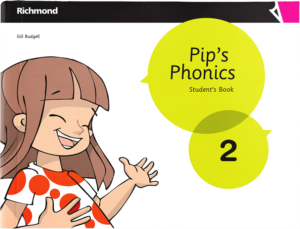
Student’s Book
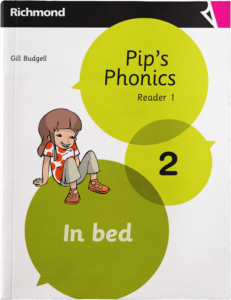
Readers
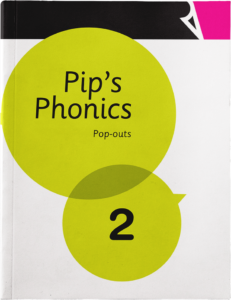
Pop-Outs
Learn more about Pip’s Phonics: Student’s Book
Pip’s Phonics is based on Synthetic Phonics, which is used in English-speaking countries to teach children the basic skills of reading and writing. It is a process of teaching children the relationship between letters (graphemes) and sounds (phonemes) for reading, spelling and handwriting. The word synthetic relates to the process of identifying, sounding out and then synthesising or blending the sounds in a word from left to right in order to read it. This enables learners to decode from print to speech.
Learn more about Pip’s Phonics: Readers
Learn more about Pip’s Phonics: Pop-Outs
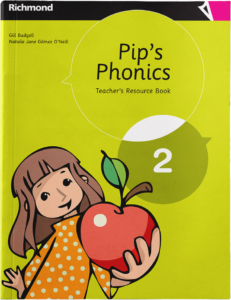
Resource Book
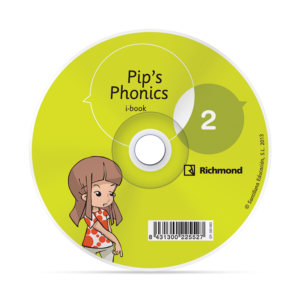
i-book
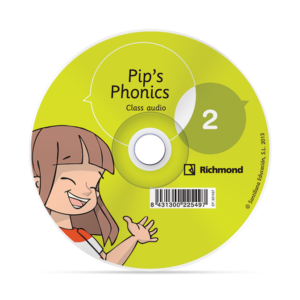
Class CD








